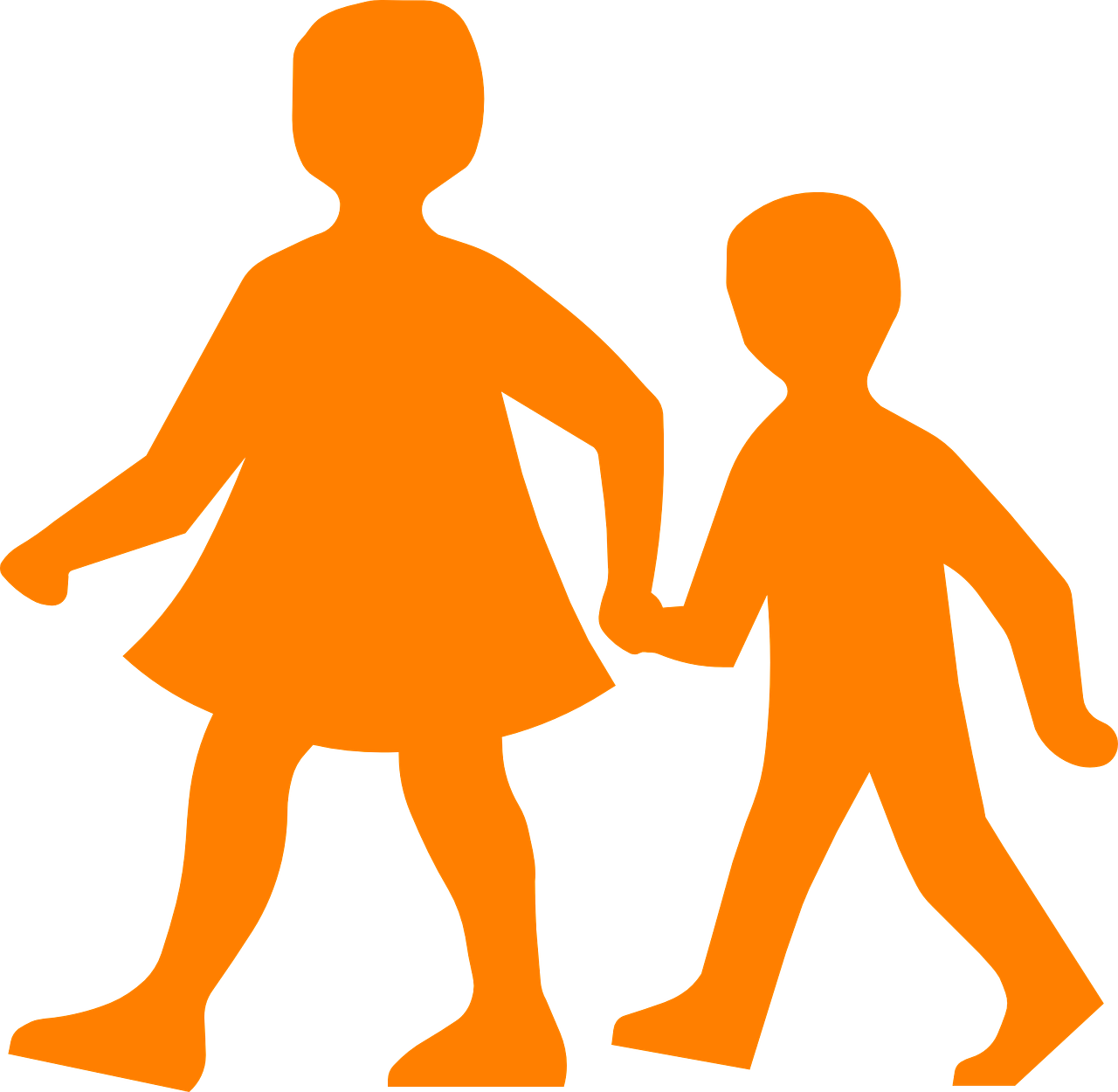Autism Risk in Younger Children Increases If They Have Older Sibling with Disorder

A Kaiser Permanente study found that the risk of younger siblings developing an autism spectrum disorder is 14 times higher if an older sibling has ASD. The study, which was published in Journal of Developmental & Behavioral Pediatrics, also found the risk level was consistent across gestational age at birth.
The study included Kaiser Permanente members in Southern California and focused on at least two siblings born to the same mother between 28 and 42 weeks of gestation from 2001 through 2010. Researchers examined the medical records of the 53,336 children born during this time, of which 592 were diagnosed with ASD. They found that:
- Children with older siblings who had ASD had an ASD rate of 11.3 percent compared to 0.92 percent for those with unaffected older siblings.
- Compared with gestational age-matched younger siblings without ASD diagnosis, those born at term (37-42 gestational weeks) who had an older sibling diagnosed with ASD had more than 15 times the increased risk for ASD diagnosis. Younger siblings who were born at preterm (28-36 gestational weeks) and had an older sibling diagnosed with ASD had an almost 10 times increased risk for ASD.
- Younger boys with ASD who had older brothers were much more likely to be affected by the disorder than younger girls with older sisters (15 percent vs. 7 percent, respectively.)
The researchers also noted that the gender difference observed in this study could be due to biases in diagnosis and reporting.
Read the press release here on the Kaiser Permanente website. The study was published in the July/August 2016 – Volume 37 – Issue 6 of the Journal of Developmental & Behavioral Pediatrics.



